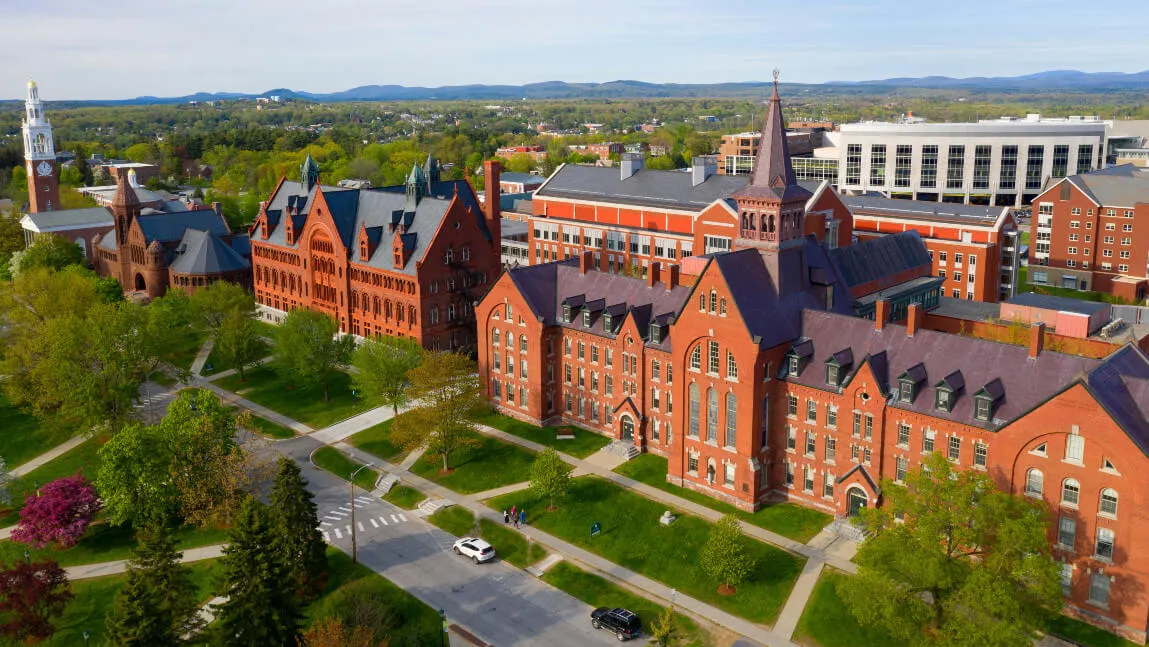The Public Health Sciences bachelor’s degree program is an applicant through the Council on Education for Public Health (CEPH) to become the first accredited undergraduate public health program in the State of Vermont.
The :Public Health Sciences B.S.curriculum provides a population-level perspective on health that includes improving access to health care, preventing and controlling chronic and infectious disease, assessing emerging health threats, communicating during crises, advocating for underserved populations, and confronting social determinants of health. Students gain skills to define, assess, and address health issues and critically examine factors that contribute to disparities in health outcomes.
“The advantage of accreditation is that students enter the workforce equipped with the specific skills and knowledge needed to improve the health of populations. Graduating from an accredited program not only sets students up for fellowships only accessible to accredited programs, but is also an asset for employment, as it demonstrates competencies aligned with national public health learning standards,” said Program Director Deb Hinchey. “It sends a message to employers that students have the training that they are looking for.”
Program coursework includes health promotion and education, global health, epidemiology, health communication, health project planning and evaluation, and the structure of the US health care system. The curriculum culminates in a service-learning capstone project with a community partner.
“The dominant narrative in our culture is at the individual level, but what is very clear is that individual-level behaviors can only take a person so far in achieving health. We live within societies and systems that dictate what “healthy” choices are actually available to us - and so we teach students to think about the bigger questions related to access, equity, and the social determinants of health,” said Hinchey.
The program aims to attract students who plan to pursue careers spanning all levels of health, from individual to population, from research to clinical practice to education and policy development.
“We want students to see themselves reflected in this curriculum, and to take this education and an understanding of what makes people healthy back to their communities and into their various professional paths,” said Hinchey. “We want them to feel they can make a real difference wherever they go.”
Deb Hinchey received her Master of Public Health degree from the University of Washington School of Public Health and is currently exploring the intersection of public health and education as a doctoral student in the College of Education and Social Services at UVM. Prior to joining UVM, she served on the faculty in the Department of Health Services at the University of Washington School of Public Health and as Director of Health Promotion at Seattle University.
The Council on Education for Public Health (CEPH) will conduct a program site visit as part of the accreditation process in February of 2022. Final accreditation is anticipated by summer of 2022.
Established in 2018, the Public Health Sciences B.S. program is growing rapidly, consistent with national trends around undergraduate public health education, and continues to enroll students while undergoing the accreditation process.
